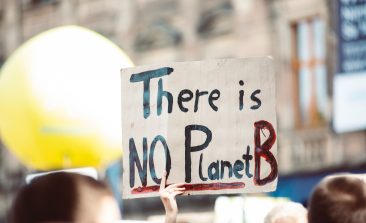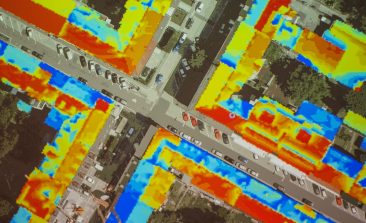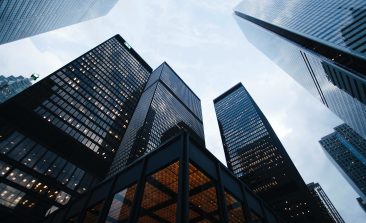Sustainable Building Revolution: This CO2 Heavyweight Needs a Rapid Transformation
The construction, heating, cooling and disposal of our buildings accounts for around 40 percent of Germany's CO2 emissions. How can the transformation succeed and what do sustainable digital solutions look like? This is the subject of our latest RESET Greenbook.
Solar Energy in Africa: “If We Don’t Know the Real Problem, the Solution Will Probably Be the Wrong One”
The non-profit Access to Energy Institute (A2EI) aims to supply as many people as possible in Africa with solar power. It relies on comprehensive, data-driven problem analysis and optimised solutions to achieve this.
Reset 2023 Roundup: 5 Impactful Climate Projects to Donate To
Christmas time is donation time! But, with all the choice of wonderful sustainability projects to pick from, how does one choose?
How Can Digitalisation Help Decarbonise the Building Sector?
Major transformations are needed to achieve the climate targets in the building sector. Here we provide an overview of the role digital technologies play in the industry.
How Software is Helping Achieve Climate-Neutrality in Buildings
Construction, materials, and type of heating all play a crucial role in determining the amount of CO2 emissions a building will generate over its lifespan. CAALA's software can accurately calculate and optimise these factors from the outset.
“Digitalisation is Key to Climate Neutrality in the Building Sector”: An Interview with Sibyl Steuwer
How can we rapidly revolutionise the construction industry, and where are digital technologies playing a pivotal role? Sibyl Steuwer from BPIE shares her insights in an interview.
How Digitalisation Can Help Neighbourhoods Share Electricity
More players in the market are key to driving the shift away from fossil fuels — and digitalisation plays an important role. However, digital technologies themselves are also energy-hungry. But there are ways to keep the additional energy consumption low.
Corporate Social Responsibility (CSR) – Prioritising Positive Societal Impact
Corporate Social Responsibility (CSR) is a mechanism by which companies hold themselves to a set of legal, ethical, social and ecological standards. It is a form of business self-regulation that has developed alongside greater public awareness of ethical and environmental issues. But is it always a force for good?
Used Diapers Show Promise as a Sustainable, Cheap Building Material
Scientists in Japan hope their innovative building material can provide affordable housing while cutting down on sand use and significantly reducing the number of diapers that end up in landfills.








